A point is scored when one team catches the disc in the opposing team's end zone.
Each point begins with both teams lining up on the front of their respective end zone line. A player cannot run with the disc—it may be moved only by passing. The defense throws ("pulls") the disc to the offense. A regulation grass outdoor game has seven players per team, but 5-6 player games are common. In ultimate, there is no concept of intentional vs. unintentional fouls: infractions are called by the players themselves and resolved in such a way as to minimise the impact of such calls on the outcome of the play (sometimes resulting in "do-overs" where the disc is returned to the last uncontested possession), rather than emphasizing penalties or "win-at-all-costs" behaviour. The integrity of ultimate depends on each player's responsibility to uphold the spirit of the game.
The player holding the disc establishes a pivot point (i.e. they cannot run with the disc, just step out from a single point). The disc is advanced by throwing it to teammates.
If a pass is incomplete, it is a "turnover" and the opposing team immediately gains possession, playing to score in the opposite direction. Passes are incomplete if they are caught by a defender, touch the ground (meaning defenders need only knock the disc out of the air to gain possession), or touch an out-of-bounds object (including the ground, or an out-of-bounds player). However, if a player jumps from in bounds, catches and then throws the disc while in the air and technically out of bounds, the disc is still in play and can be caught or defended by players on the field. This feat of athleticism and precision is highly praised, and dubbed "Greatest."
Ultimate is non-contact, meaning non-incidental (play-affecting or dangerous) physical contact is disallowed. Defenders cannot take the disc from an offensive player who has secured a catch (this is known as a strip). Non-incidental contact is a foul, regardless of intent, with various consequences depending on the situation and the league rules. Incidental contact, like minor collisions while jumping for the disc or running for it can be acceptable, depending on the circumstances. Parameters like who has the "right" for the relevant space, who got the disc etc. will determine whether a foul has been committed or not. Attitudes can vary between leagues and countries, even if the letter of the rule remains the same.
Contact is also disallowed for the defender marking the offense player with the disc, and there are further restrictions on positions this defender can take in order to minimise incidental contact.[

in more ways than one

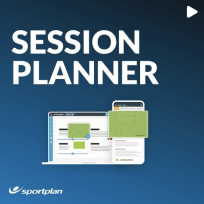
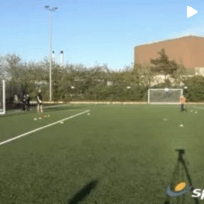

in more ways than one



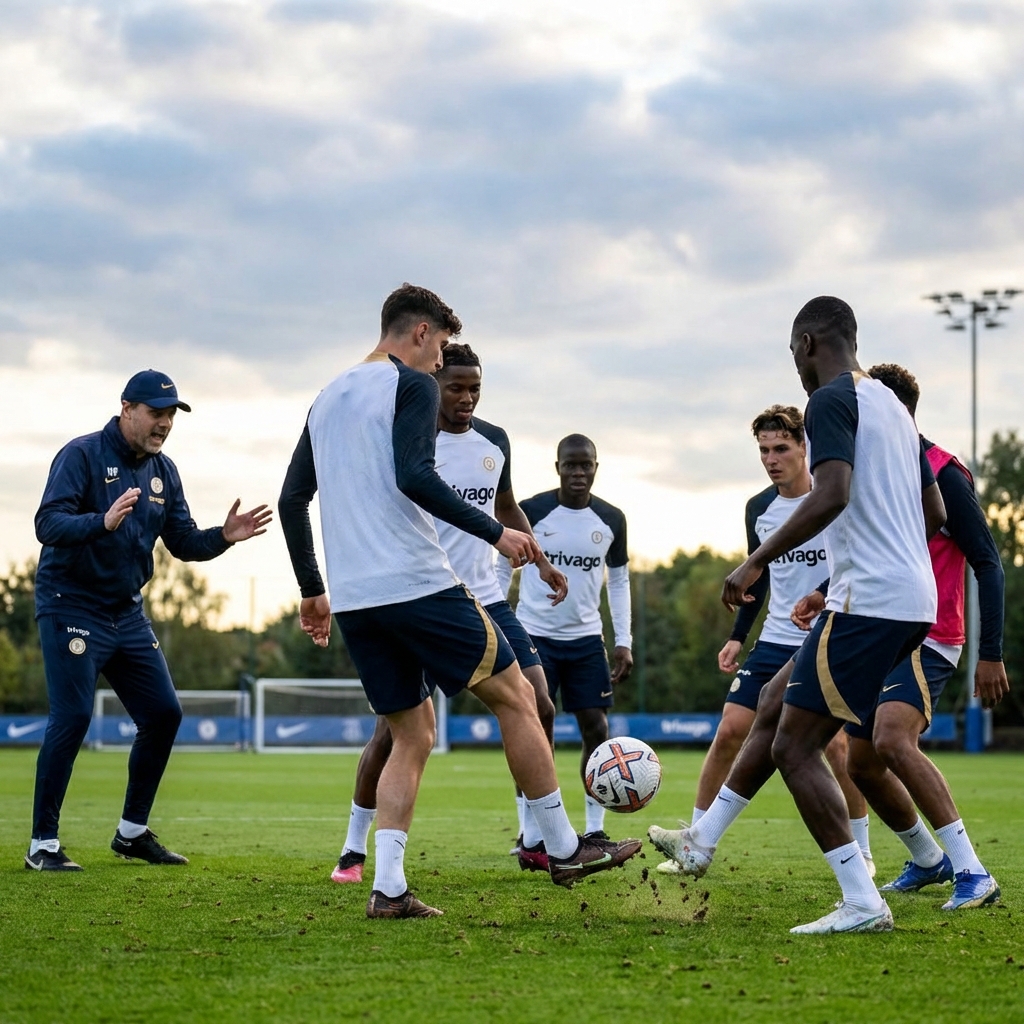
Why Barcelona's favourite training exercise should be in every coach's toolkit - and how to run rondos that actually transfer to matches.
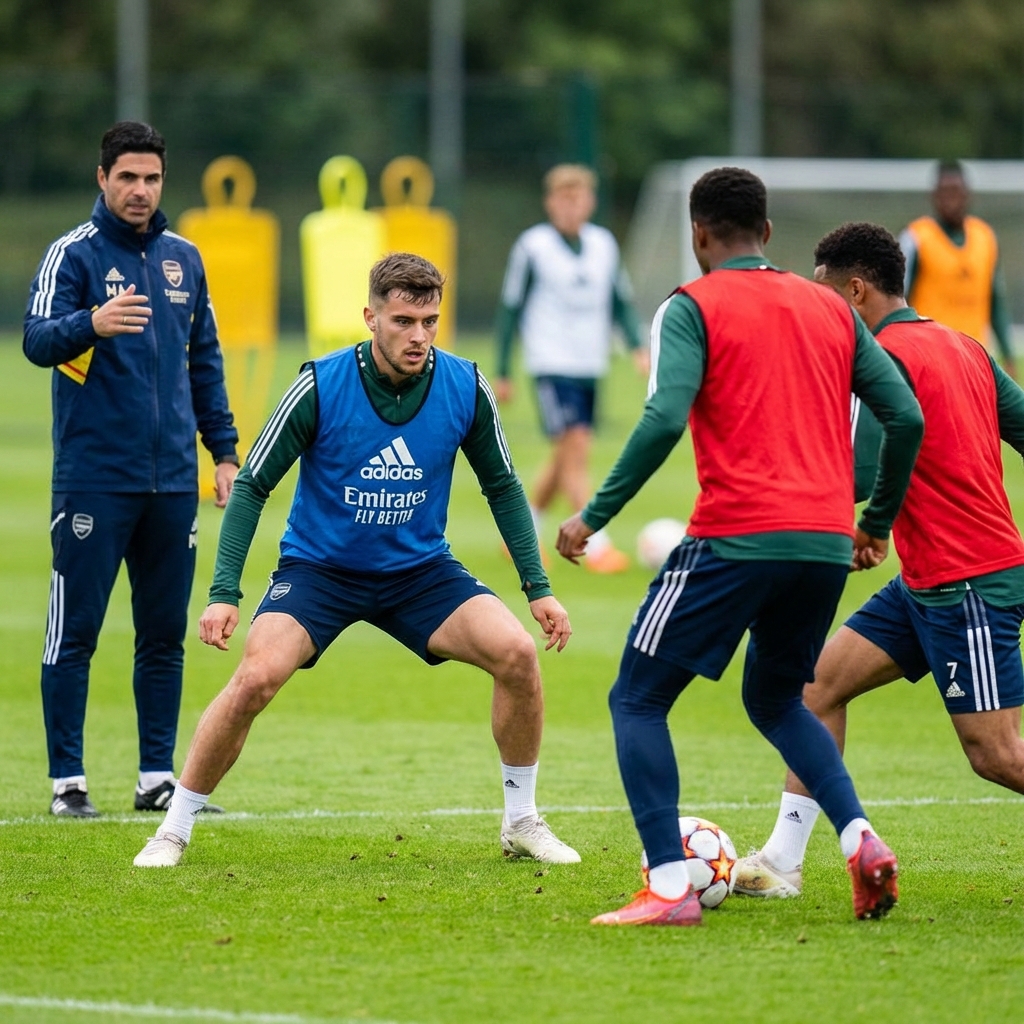
The decision-making framework that stops counter-attacks cold. Learn when to delay, when to force wide, and when to commit.
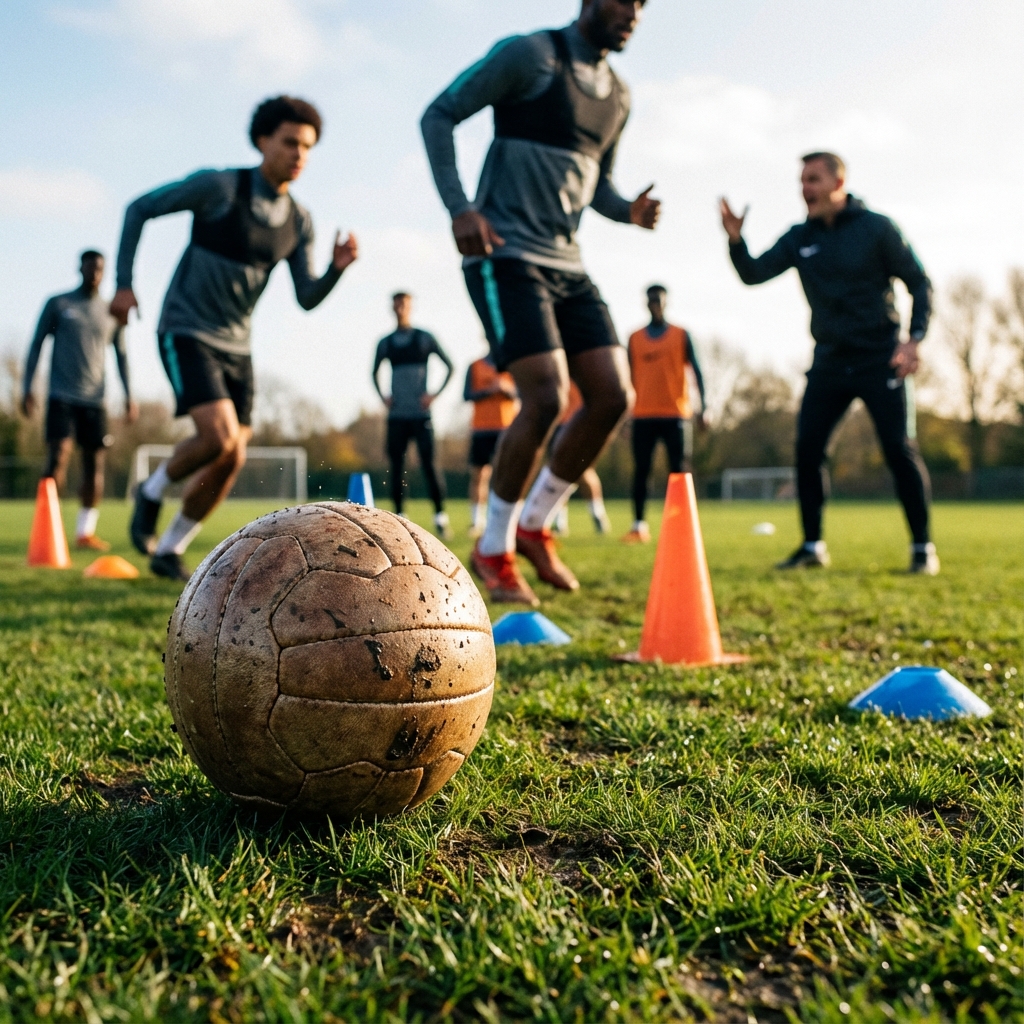
2026 brings the biggest World Cup ever, revolutionary rule changes, and new tactical opportunities for coaches at every level. Here's what you need to know.